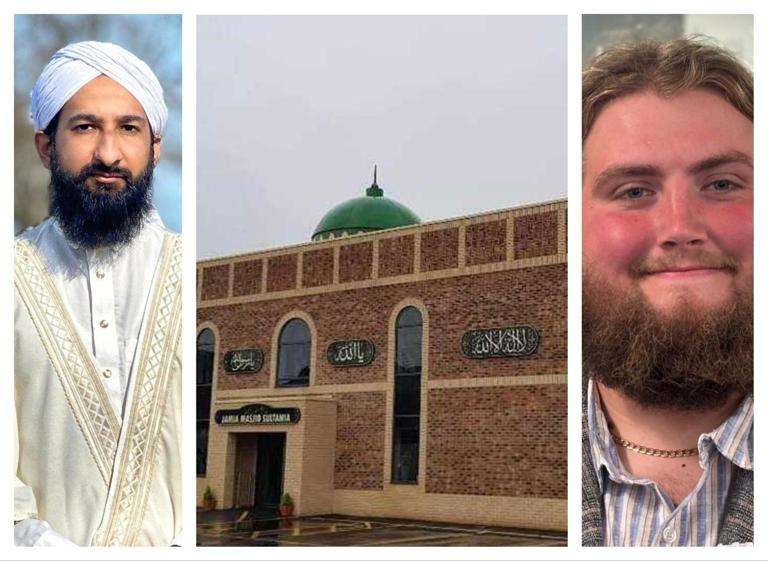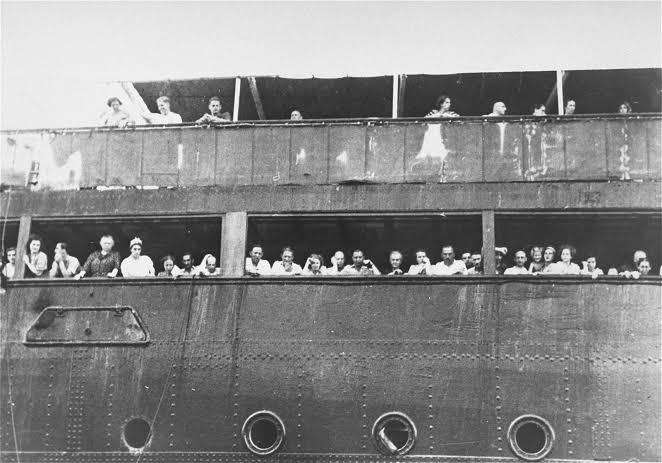A two-paragraph article titled "Jewish artisans for Northern Ireland" appeared in the Jewish weekly Zionistische Rundschau in Vienna on August 26, 1938.
According to the article, Belfast authorities were looking for immigrants from central Europe who had the necessary abilities to start businesses and train the local population. "Startup registration applications should be submitted to the Northern Ireland Ministry of Commerce, which will review them with caution but encouragement."
One reader remembered it as "like a sign from destiny." Adolf Hitler's forces had conquered Austria five months prior, during which time they launched a campaign of brutality, intimidation, and confiscations against the 170,000 Jews living in Vienna. For certain craftsmen and entrepreneurs, there was now a chance to seek safety in a region of the United Kingdom, a way out before the Holocaust.Around 300 applications with the names of 730 men, women and children landed at Stormont, the seat of Northern Ireland’s government. A handful of civil servants processed the applications. Most ended up inscribed with one of two brief, dry responses: “Regret” or “No reply”.
The first was an instruction to junior civil servants and typists to send a letter of rejection. The second was an instruction to not bother sending any reply. Just a few dozen applications were accepted before the scheme ended. Northern Ireland’s chance to save hundreds and potentially thousands of Jews, and give an example to the rest of the world years before Oskar Schindler, slipped away.
A new book, The Saved and the Spurned: Northern Ireland, Vienna and the Holocaust by Noel Russell, has told the full story for the first time. Based on archives, unpublished family memoirs, letters and interviews with survivors, it tells a heartbreaking story of lost opportunity as evil seeped across Europe.
“It was shocking to learn that people turned away had been murdered in the Holocaust,” said Russell. “It was very emotional to read the letters. Your heart bleeds when you find out what happened to them.”
There is inspiration in the tales of those who did reach Northern Ireland and made an outsized economic and cultural impact, but the overriding sense is regret at what might have been, said Russell, a journalist-turned-author.
“Civic society was not unified enough to put pressure on the government to allow in refugees. There was a chance missed. For people to be saved, you’ve got to be more openminded than the bureaucracy. I think there would have been a more generous response had more people known what was happening.”
According to the article, Belfast authorities were looking for immigrants from central Europe who had the necessary abilities to start businesses and train the local population. "Startup registration applications should be submitted to the Northern Ireland Ministry of Commerce, which will review them with caution but encouragement."
One reader remembered it as "like a sign from destiny." Adolf Hitler's forces had conquered Austria five months prior, during which time they launched a campaign of brutality, intimidation, and confiscations against the 170,000 Jews living in Vienna. For certain craftsmen and entrepreneurs, there was now a chance to seek safety in a region of the United Kingdom, a way out before the Holocaust.

_8.jpg)

_7.jpg)




.svg)
